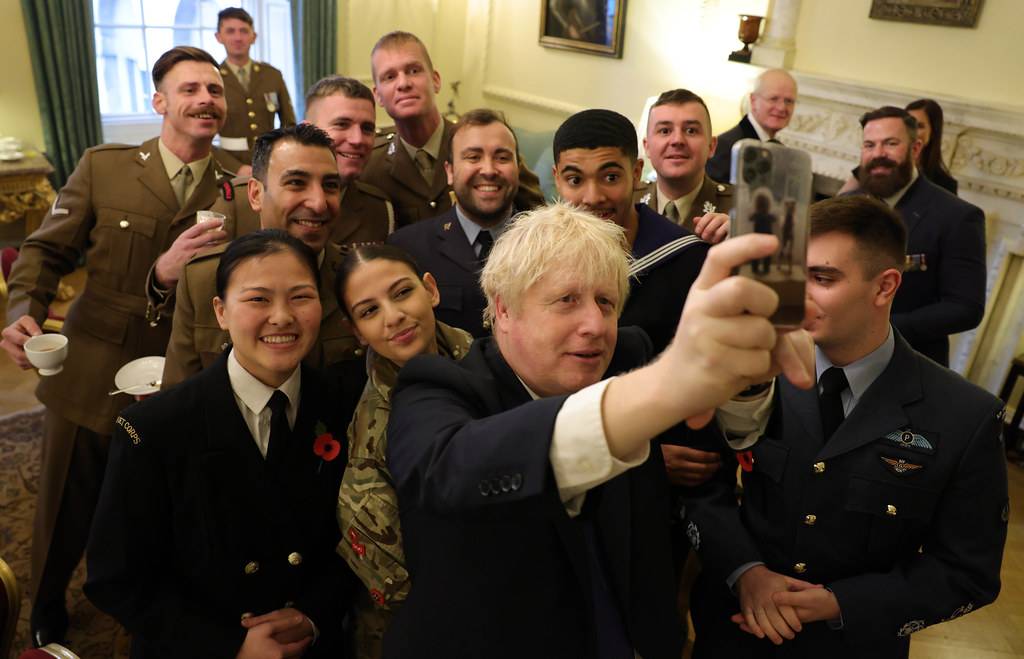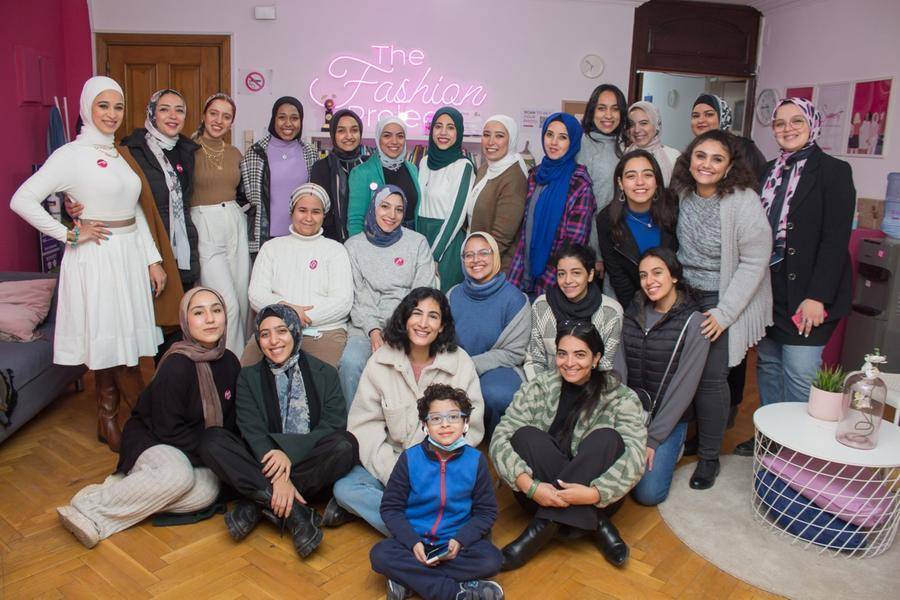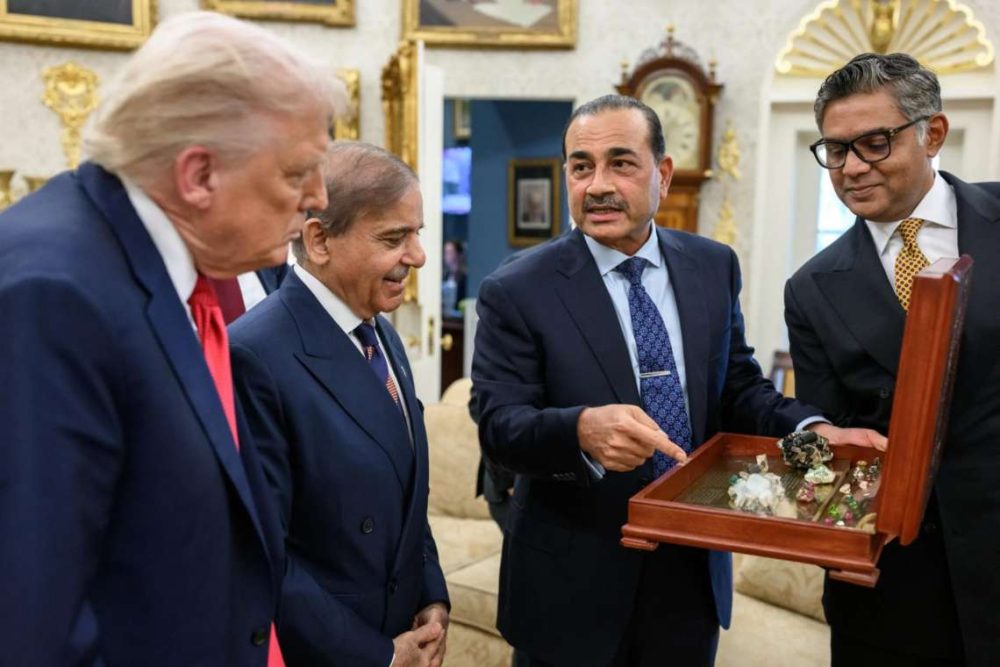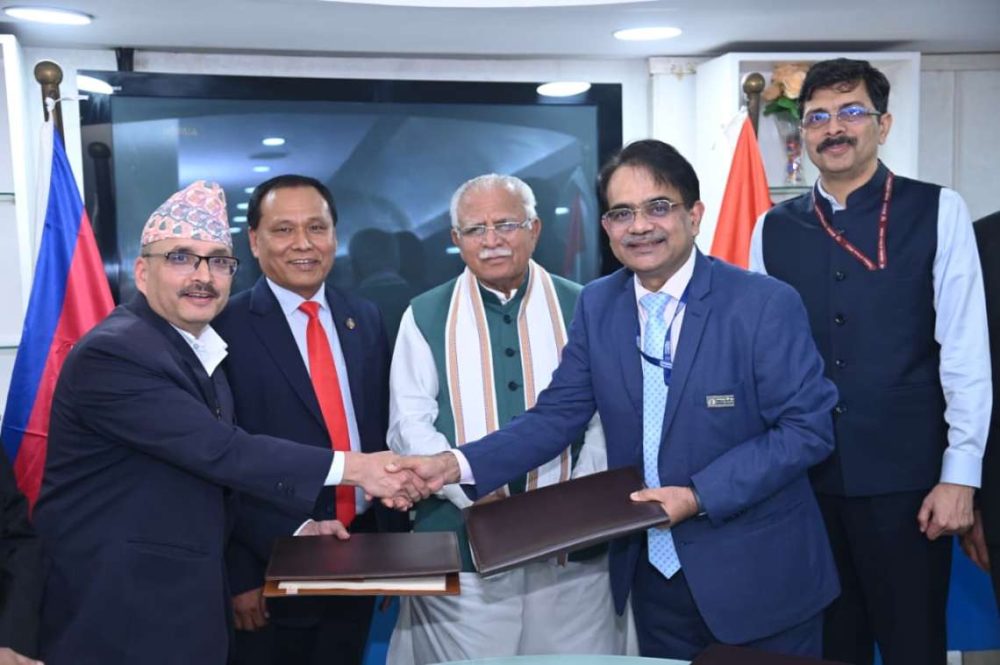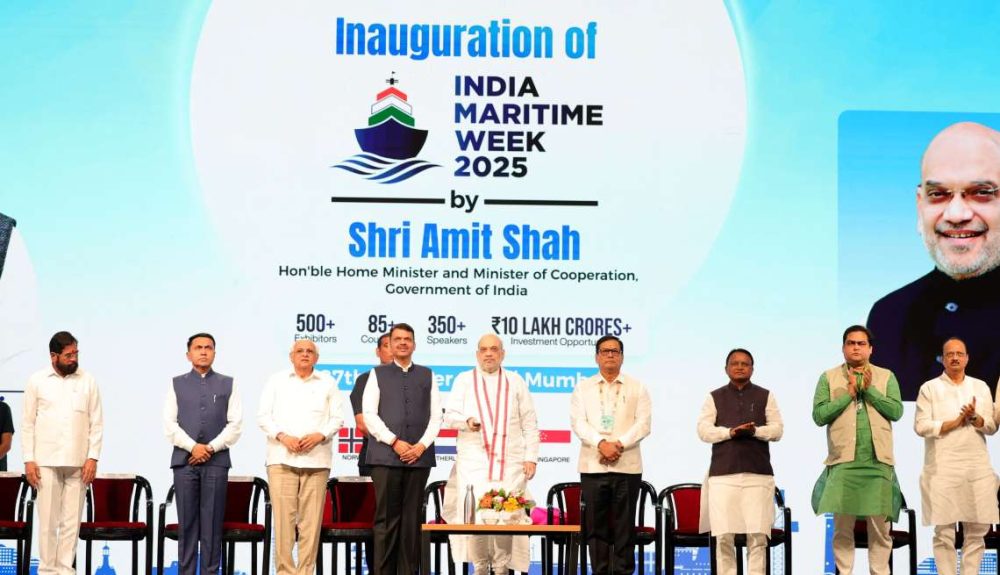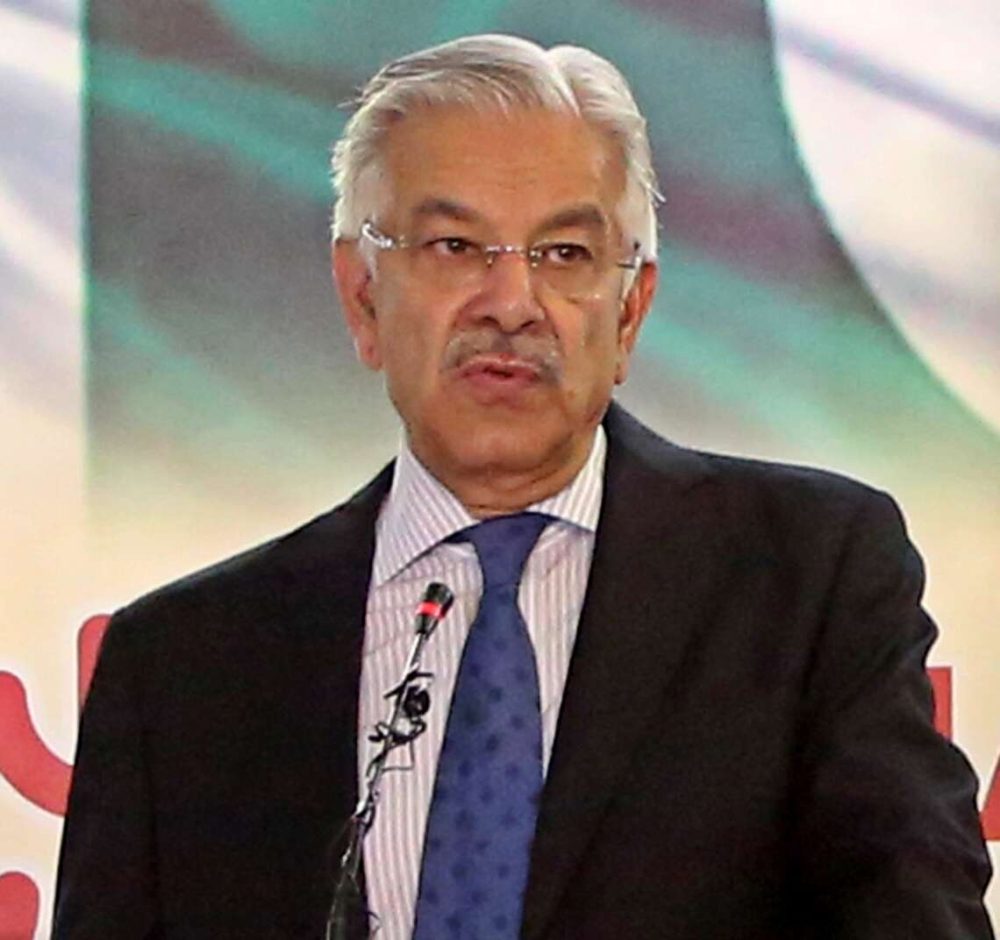Funding from the programme will also help expand GenU’s `Passport to Earning’ (P2E) platform…reports Asian Lite News
Prime Minister Boris Johnson is launching a new £20 million business partnership as the UK continues to lead global efforts to improve girls’ access to education in developing countries.
Even before the pandemic, millions of children did not have any access to school – and girls from disadvantaged families are particularly vulnerable to missing out on education, whether through poverty or prejudice. The pandemic has created even more barriers to education, with a peak of 1.6 billion children around the world having faced school closures.
In the UK’s first education partnership of its kind, the UK government is joining forces with the private sector to boost girls’ access to education in developing countries. Partners include Unilever, Pearson, PwC, Microsoft, Accenture, Standard Chartered, United Bank for Africa, Coursera, Vodafone, BP and Cognizant. The UK Government will be working in partnership with UNICEF’s Generation Unlimited (GenU) to help deliver the programme, with key partners funding GenU being Accenture, Standard Chartered, Unilever, Microsoft, and United Bank for Africa.
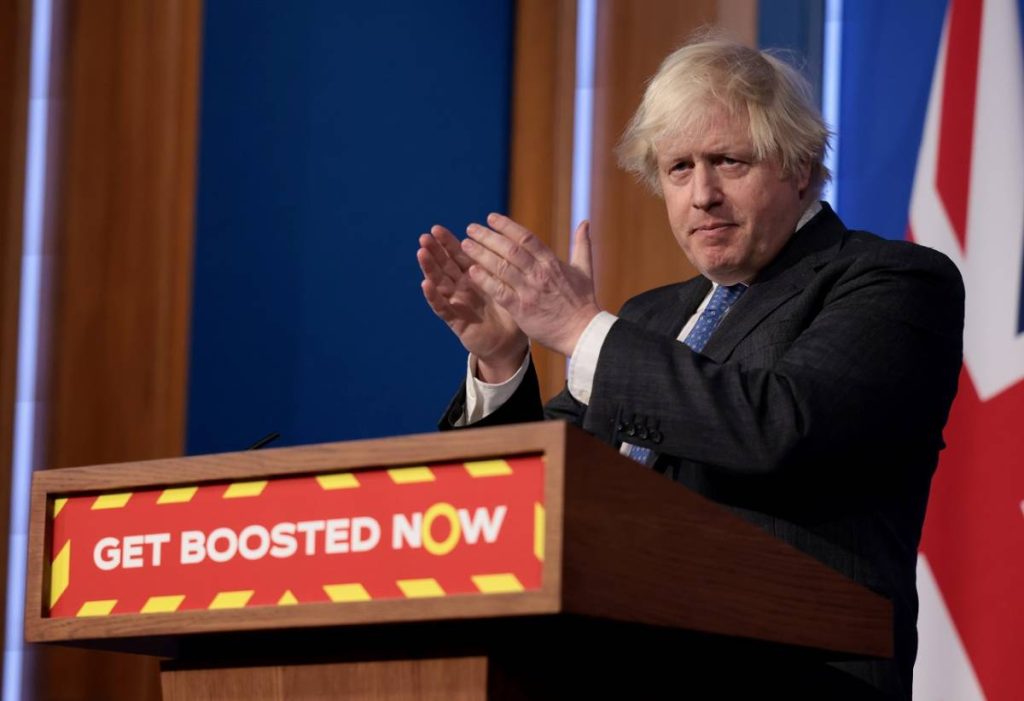
Last night, a reception was held in No.10 Downing Street to mark the announcement and International Women’s Day, which was attended by partners, including: Jill Huntley, Global Managing Director, Corporate Citizenship at Accenture; Dr Betty Vandenbosch, Chief Content Officer at Coursera and Marissa Thomas, Chief Operating Officer at PwC.
Prime Minister Boris Johnson said, “The United Kingdom has long been a proud and mighty champion of this fundamental cause and today we take one leap further through our first Global Partnership of its kind – opening the opportunity for one million girls across the developing world to have access to high quality skills training. Ensuring every girl and young woman across the globe receives 12 years of quality education is the greatest tool in our armoury to end the world’s great injustices. Delivering on this mission will be one of the best defences against ignorance, ensure the greatest protection from prejudice and put a rocket booster behind our hopes and dreams for global development in the years to come.”
Businesses, charities, schools and colleges will shortly be able to bid for funds from the programme. The partnership wants to support projects that will improve access to education for girls, with a focus on providing the Science, Technology, Engineering and Mathematics (STEM) skills needed to find work in key sectors such as technology and manufacturing. This could include funding new skills training programmes, improving teaching or redesigning training to make it more relevant to business needs. Initially bids will be encouraged for projects in Nigeria and Bangladesh, two countries where significant barriers to girls’ education remain.
Funding from the programme will also help expand GenU’s `Passport to Earning’ (P2E) platform. This digital skills platform will provide girls with free, certified education and skills training which they can then use to support future employment and entrepreneurship opportunities. UNICEF’s precursor to P2E was listed among Time Magazine’s 100 Best Inventions of 2021.
Some of the businesses involved will be contributing a range of resources including books, computers and other technology, mentors, advice and access to their networks, skills and training programmes. The private sector involvement will help ensure that education and learning opportunities provide girls with the skills for the future that employers need.
The UK is playing a leading global role to improve girls’ education in developing countries. During the UK’s G7 Presidency last year it secured agreement to help get an additional 40 million girls into school by 2026; and secondly to help 20 million girls to learn to read by the age of 10 by 2026. In 2021, the UK hosted a successful Global Education Summit, which raised $4 billion in pledges from world leaders to support schools through the Global Partnership for Education. Between 2015 and 2020, the UK supported at least 15.6 million children in developing countries to gain a decent education, including 8.1 million girls.
ALSO READ-Closer defence ties with India the way forward, says Truss


